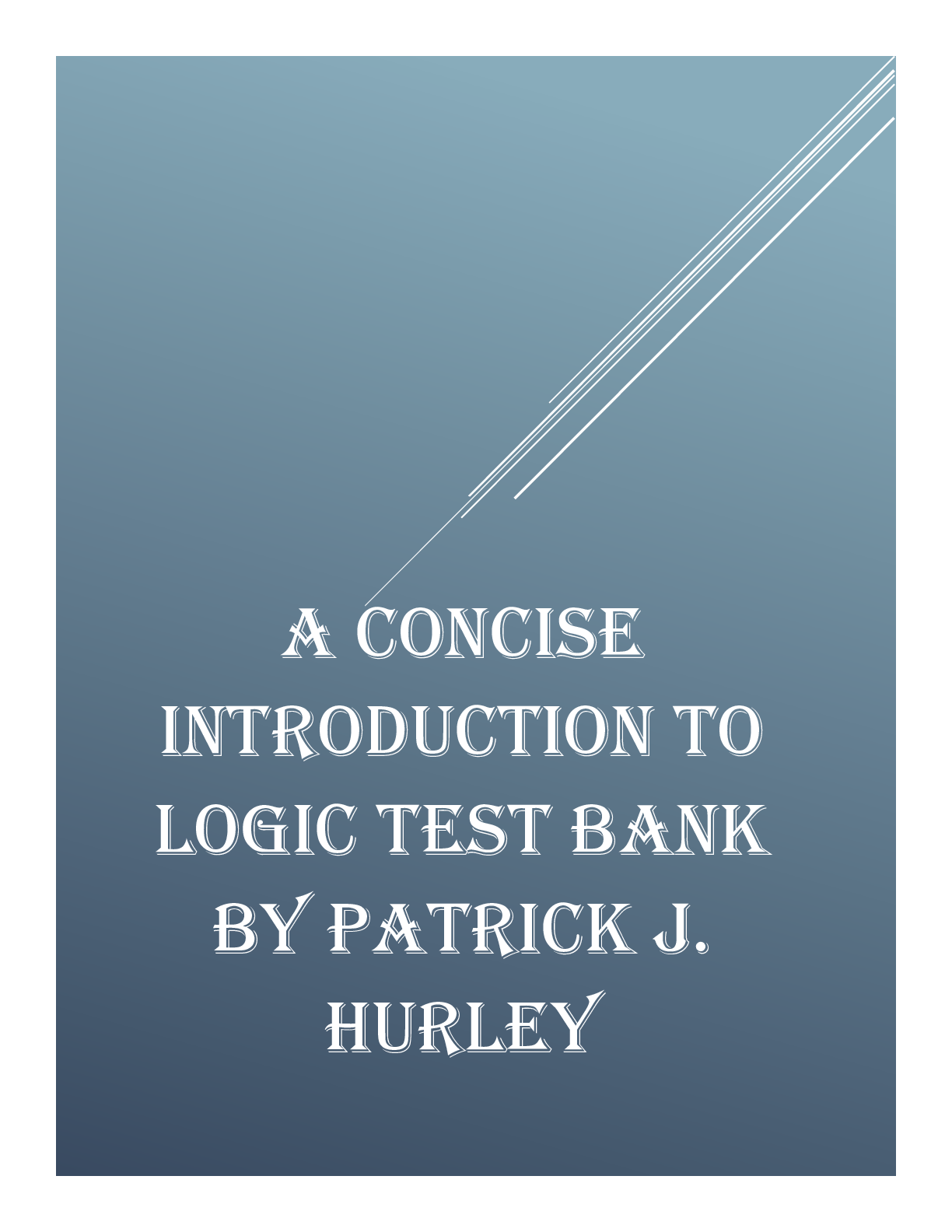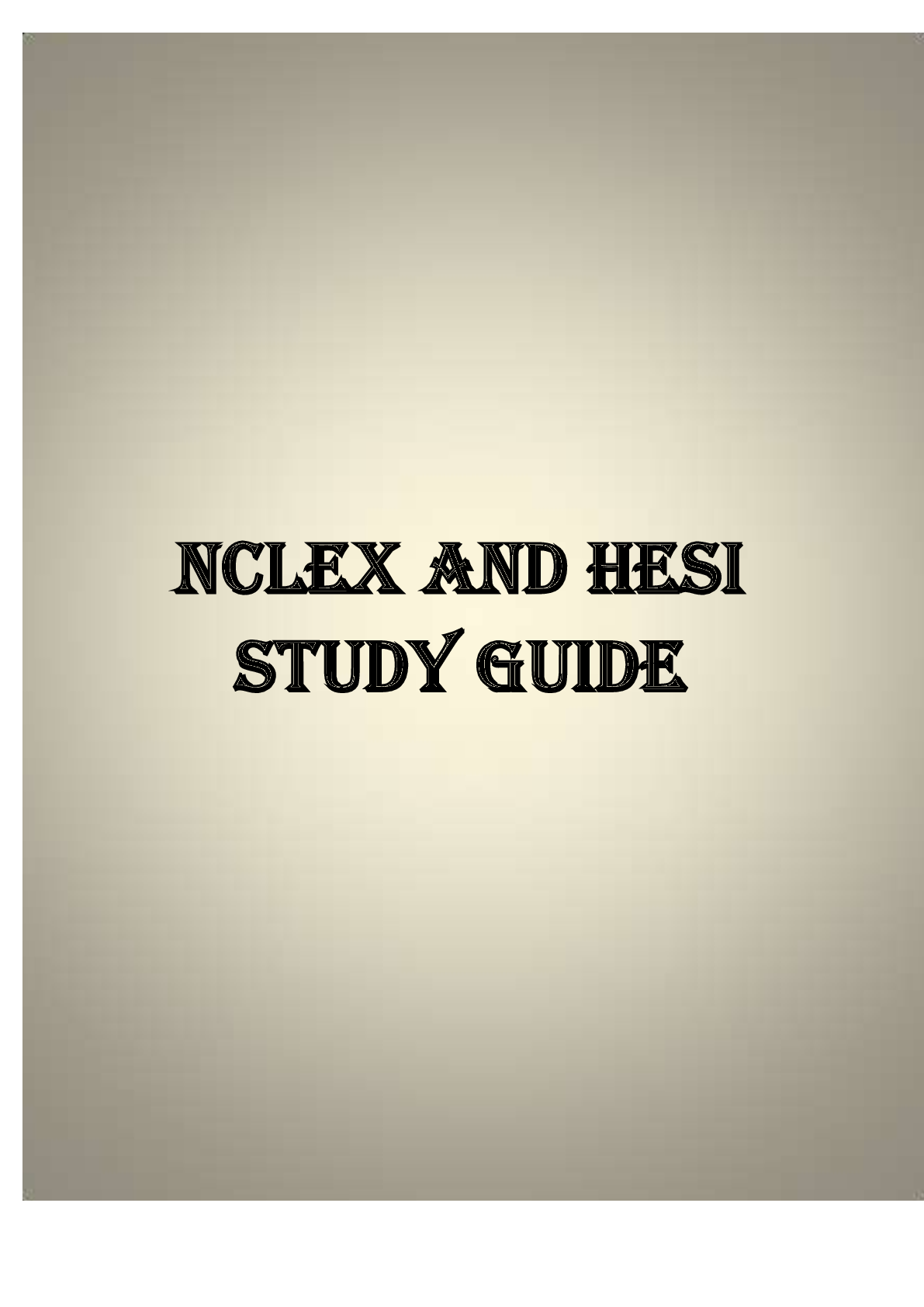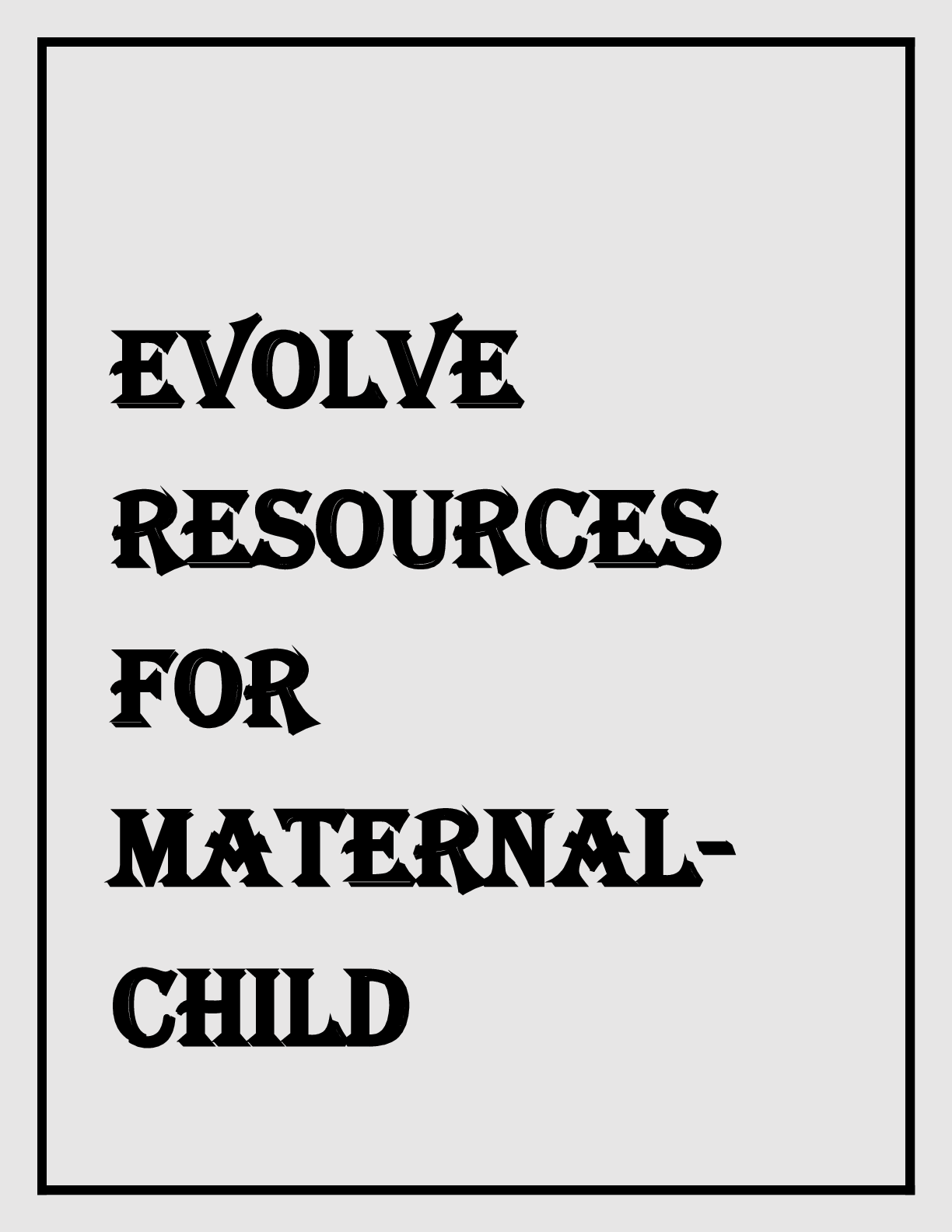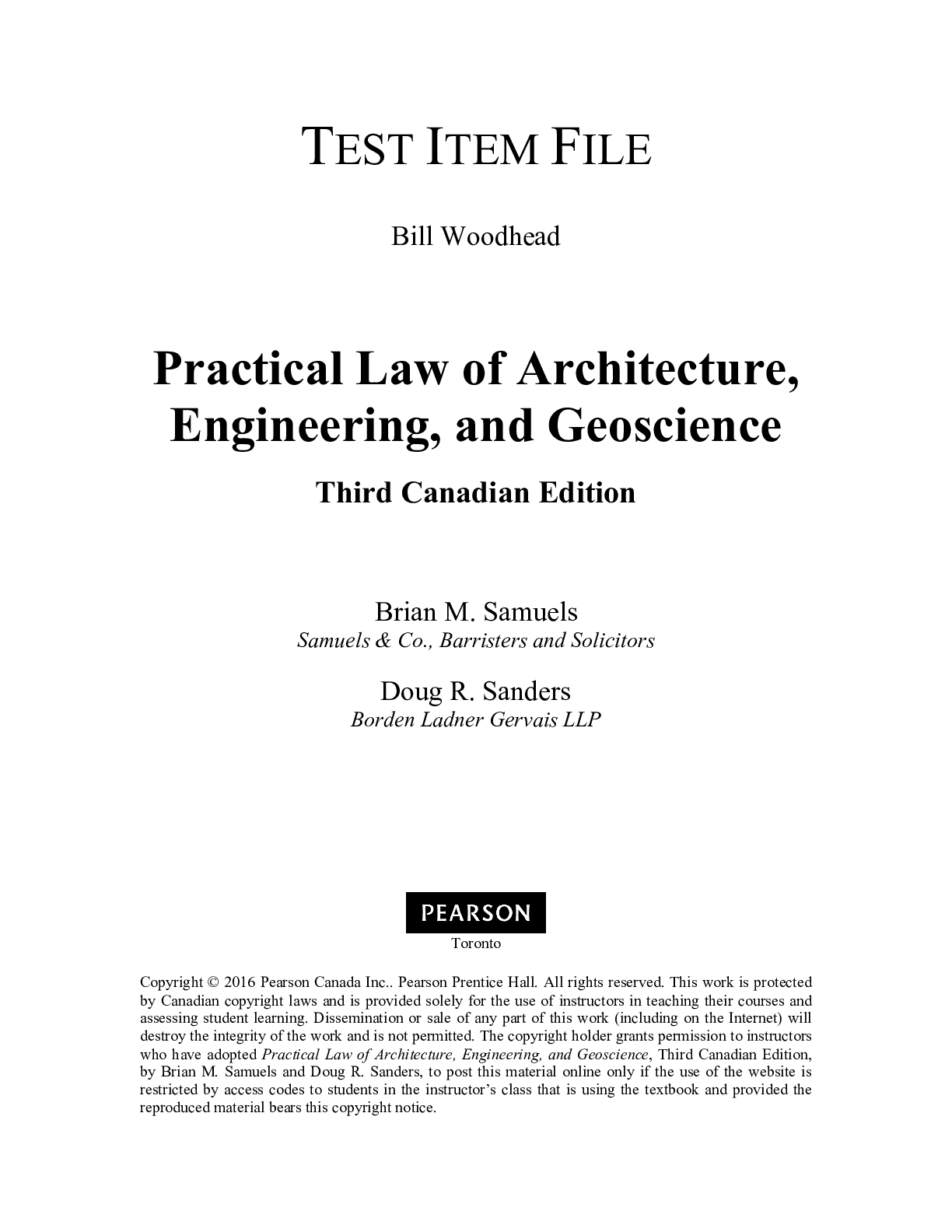A CONCISE INTRODUCTION TO LOGIC TEST BANK BY PATRICK J. HURLEY
Document Content and Description Below
MULTIPLE CHOICE INSTRUCTIONS: The following selections relate to distinguishing arguments from nonarguments and identifying conclusions. Select the best answer for each. 1. There appears to be a gr... owing happiness gap between men and women. Women today are working more and relaxing less, while men are working less and relaxing more. Forty years ago a typical woman spent 40 minutes more per week than the typical man performing an activity considered unpleasant. Today, with men working less, the gap is 90 minutes and growing. a. Argument; conclusion: Today ... the gap is 90 minutes and growing. b. Nonargument. c. Argument; conclusion: Forty years ago ... an activity considered unpleasant. d. Argument; conclusion: There appears to be ... between men and women. e. Argument; conclusion: Women today are working more and relaxing less. ANS: D PTS: 2 2. Lead is toxic, but do you know why? Lead is toxic mainly because it preferentially replaces other metals in biochemical reactions. In so doing it interferes with the proteins that regulate blood pressure (which can cause development delays in children and high blood pressure in adults), heme production (which can lead to anemia), and sperm production. Lead also displaces calcium in the reactions that transmit electrical impulses in the brain, which diminishes the ability to think and recall information. Anne Marie Helmstine, "Your Guide to Chemistry" a. Argument; conclusion: It interferes with the proteins ... and sperm production. b. Argument; conclusion: Lead is toxic. c. Nonargument. d. Argument; conclusion: It preferentially replaces other metals in biochemical reactions. e. Argument; conclusion: Lead also displaces calcium ... recall information. ANS: C PTS: 2 3. Aristotle focused on clarifying the concept of virtue itself. He argued that it was virtuous to choose the proper amount of emotion and/or action called for in a particular situation and that extremes of emotion and action were vices. In all communities there are some men of practical wisdom who have the capacity to judge wisely. Aristotle argued that they have the capacity to follow the "right rule" whatever the situation. David Cooper, Value Pluralism and Ethical Choice a. Argument; conclusion: In all communities ... capacity to judge wisely. b. Argument; conclusion: Aristotle focused on clarifying the concept of virtue itself. c. Argument; conclusion: They have the capacity to follow ... the situation. d. Argument; conclusion: He argued that it was virtuous ... were vices e. Nonargument. ANS: E PTS: 2 [Show More]
Last updated: 2 years ago
Preview 1 out of 592 pages

Buy this document to get the full access instantly
Instant Download Access after purchase
Buy NowInstant download
We Accept:

Reviews( 0 )
$20.50
Can't find what you want? Try our AI powered Search
Document information
Connected school, study & course
About the document
Uploaded On
Aug 15, 2021
Number of pages
592
Written in
Additional information
This document has been written for:
Uploaded
Aug 15, 2021
Downloads
0
Views
36


.png)






.png)














